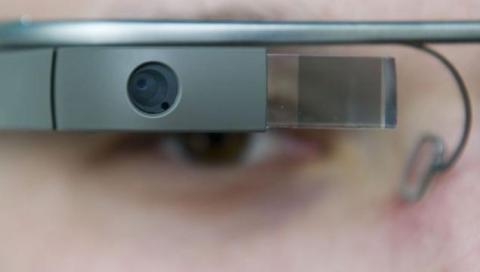We have to start somewhere as a matter of policy to rethink how we protect privacy in the digital age. Rather than tackle the nuances that come with each issue implicated by privacy in personal data – we should simply re-base how we define the right of privacy so that the individual person is in a reasonable position to have a meaningful opportunity to protect their privacy.
We are moving – or more accurately have moved -- from an era in which confidentiality in information was best protected by the person to whom the information pertains to an era in which confidentiality can only be protected by the collectors of the information.
This is a reality that is the consequence of our failure to appreciate and act upon privacy concerns earlier in the evolution of the "information age." These are issues that I tried to engage almost 30 years ago, long before the broad emergence of the Internet or terms such as "opt-in" or "opt out."
Since that time, I believe that our Courts and our government have largely failed us. If we must accept the legal determination that this data “belongs” to the collectors is it too much to ask that, along with that benefit, that the collectors assume the obligation to exercise reasonable care in the treatment of that information?
My mother and my granddaughter now have no choice but to exchange electronic data across sophisticated systems. Even storage is done completely detached from the individual. In order to participate in the economy they have to, and they don’t understand how those constantly evolving sophisticated systems work nor should they be required to understand them in order to participate.
If you believe privacy is a fundamental right – then the changes in our society warrant a clearer statement of that right that sits above the exercise of how we deal with the nuances of everyday life. Rather than deal with the specific, we’ve set a baseline where the presumptions that frame privacy run in favor of my mother and granddaughter – that’s really how policy needs to work when you’re talking about something fundamental to everyday life across all classes.
As a re-basing of a constitutional right, it would be unwise to try and deal with all of the nuances or even the issues that the larger question of privacy in personal data present.
None of us can say with certainty what technologies will come along in the next few years, or even months, that may impact this issue. Yet, regular folks have a real appreciation, or a sense, that something is wrong. But, they are told “it’s too late, get over it, there is no privacy in the new age.” This answer is convenient for those who profit in the commercial space and for those in government for whom civil rights are viewed as an impediment to more narrow responsibilities.
But, in truth, what we lose is more fundamental. There is nothing more fundamental to our humanity than our ability to determine and control who we are. Privacy and identity are one in the same. Every relationship we cherish is unique only so far as we can, both consciously and subconsciously, disclose and withhold information about ourselves. We are, each of us, many people: sons and daughters, sisters, brothers, acquaintances and best friends.
To give in to the argument of inevitability, to accept the notion that there is no privacy is to give all those relationships up. To live in a world in which information is ubiquitous, where we all know exactly the same thing about each other is to have no best friends, no confidants, no secret passions or desires, indeed nothing of value to share -- simply because everything about us is no longer ours.

